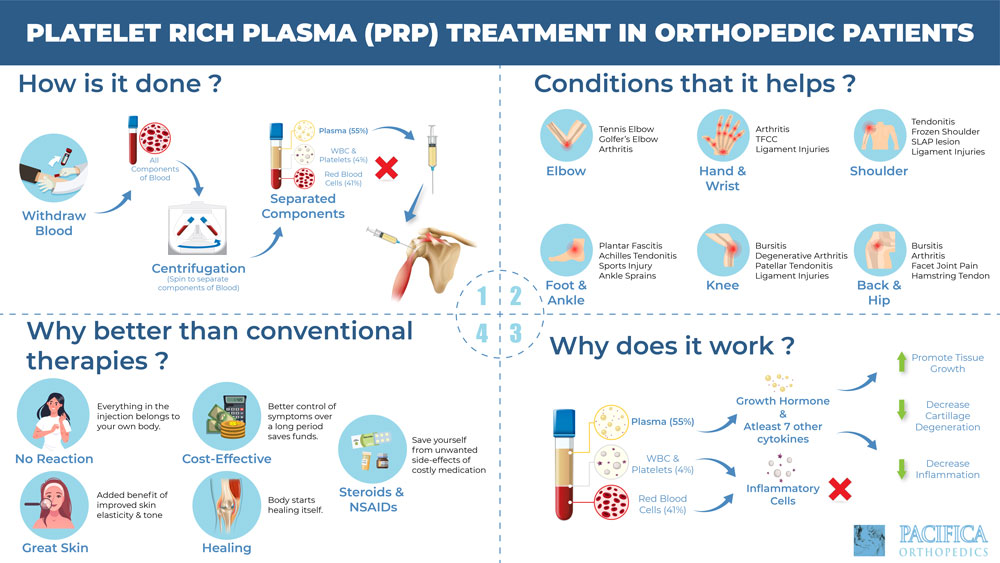The Frozen Shoulder is also known as adhesive capsulitis. This is basically a condition that causes motion restriction in the shoulder joints. To date, the main cause of the condition is not yet established though various methods have been used to alleviate the severity. The condition has however been known to occur out of known reasons. The Frozen Shoulder leads to the contraction of the capsule that surrounds the shoulder and forms scar tissue.
In all the reported cases of Frozen Shoulder, the condition occurs from no associated injury or any discernible cause. The condition can start from a patient who experienced a traumatic injury on the shoulder. All in all, there are risk factors that result in the condition such as age, gender, shoulder trauma/ surgery, endocrine disorders among other systemic conditions. The condition has however been known to be severe between the ages of 40 and 60.
When the Frozen Shoulder condition starts, the shoulder of the patient starts to become scarred and stiff. The shoulder is basically a ball and socket joint. The joint is surrounded by capsule of tissues which envelop the joint. The shoulder joint is the most flexible joint on a human body and when the condition starts, the motion is greatly inhibited. In the condition of Frozen Shoulder, the surrounding joint usually becomes contracted and the patient forms bands of scarred tissue which are often referred to as adhesions. This contraction causes the shoulder to become stiff and there is pain when doing movements.
The Frozen Shoulder has various symptoms that the patients experience. The most common symptoms include shoulder pain which is usually a dull aching, limited movement, problem doing simple tasks such as brushing of the hair and pain when sleeping on the affected shoulder. The severity of the condition ranges between individuals and immediate care should be sort before the condition worsens.




0 Comments